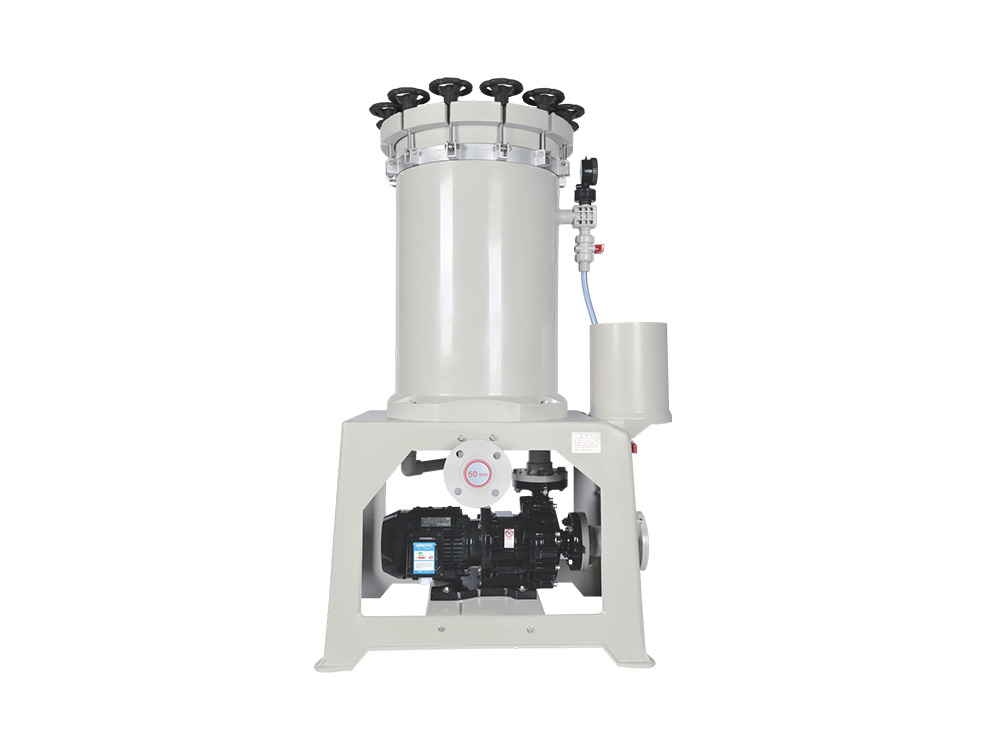
# Chemical Filter: Essential Technology for Air Purification and Contaminant Removal
In today’s world, air quality has become a critical concern due to increasing pollution levels and the presence of harmful contaminants. Chemical filters have emerged as an essential technology for air purification, offering effective solutions for removing hazardous substances from the air we breathe.
## What is a Chemical Filter?
A chemical filter is a specialized device designed to capture and neutralize airborne chemical contaminants. Unlike mechanical filters that trap particles, chemical filters use adsorbent materials, such as activated carbon or zeolites, to chemically bind and remove gases, odors, and volatile organic compounds (VOCs) from the air.
### How Does a Chemical Filter Work?
Chemical filters operate through a process called adsorption, where contaminants are attracted to and held on the surface of the filter material. The porous structure of materials like activated carbon provides a large surface area, enabling the filter to capture a wide range of pollutants. Once the contaminants are adsorbed, they are either neutralized or remain trapped within the filter until it is replaced.
## Applications of Chemical Filters
Chemical filters are widely used in various industries and settings to ensure clean and safe air. Some common applications include:
– Industrial Facilities: Chemical filters are essential in manufacturing plants, laboratories, and chemical processing facilities to remove harmful gases and protect workers.
– Healthcare: Hospitals and clinics use chemical filters to eliminate airborne pathogens, odors, and chemical vapors, ensuring a sterile environment.
– Residential Use: Home air purifiers often incorporate chemical filters to remove household odors, smoke, and VOCs, improving indoor air quality.
– Commercial Spaces: Offices, schools, and public buildings utilize chemical filters to maintain a healthy and comfortable environment for occupants.
## Benefits of Using Chemical Filters
Chemical filters offer numerous advantages, making them a preferred choice for air purification:
– Effective Contaminant Removal: They efficiently capture and neutralize a wide range of chemical pollutants, including gases, odors, and VOCs.
– Improved Air Quality: By removing harmful substances, chemical filters contribute to cleaner and healthier air.
– Versatility: They can be customized to target specific contaminants, making them suitable for various applications.
– Long-Lasting Performance: High-quality chemical filters provide consistent performance over time, ensuring reliable air purification.
## Choosing the Right Chemical Filter
Selecting the appropriate chemical filter depends on several factors, including the type of contaminants present, the size of the space, and the desired level of air purification. It is essential to consider the filter’s adsorption capacity, lifespan, and compatibility with existing air purification systems. Consulting with an expert can help ensure the best choice for your specific needs.
### Maintenance and Replacement
Regular maintenance is crucial to keep chemical filters functioning effectively. Over time, the adsorbent material becomes saturated with contaminants, reducing its efficiency. It is important to monitor the filter’s performance and replace it as recommended by the manufacturer to maintain optimal air quality.
## Conclusion
Chemical filters play a vital role in air purification and contaminant removal, offering a reliable solution for improving air quality in various environments. By understanding their functionality, applications, and benefits, you can make informed decisions to protect your health and well-being. Investing in high-quality chemical filters is a step toward ensuring cleaner, safer air for everyone.
Keyword: chemical filter
